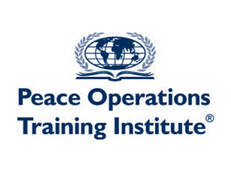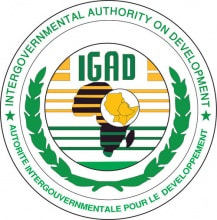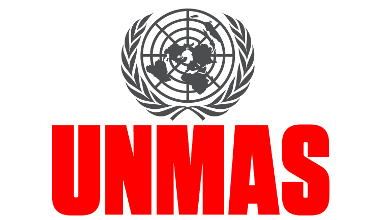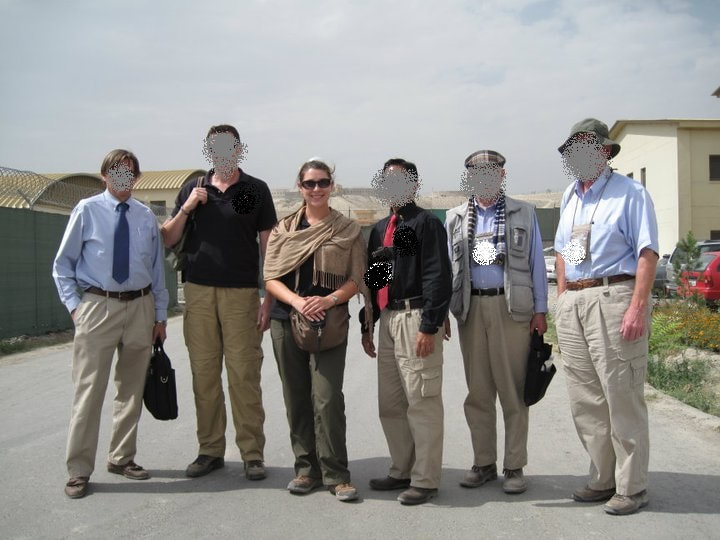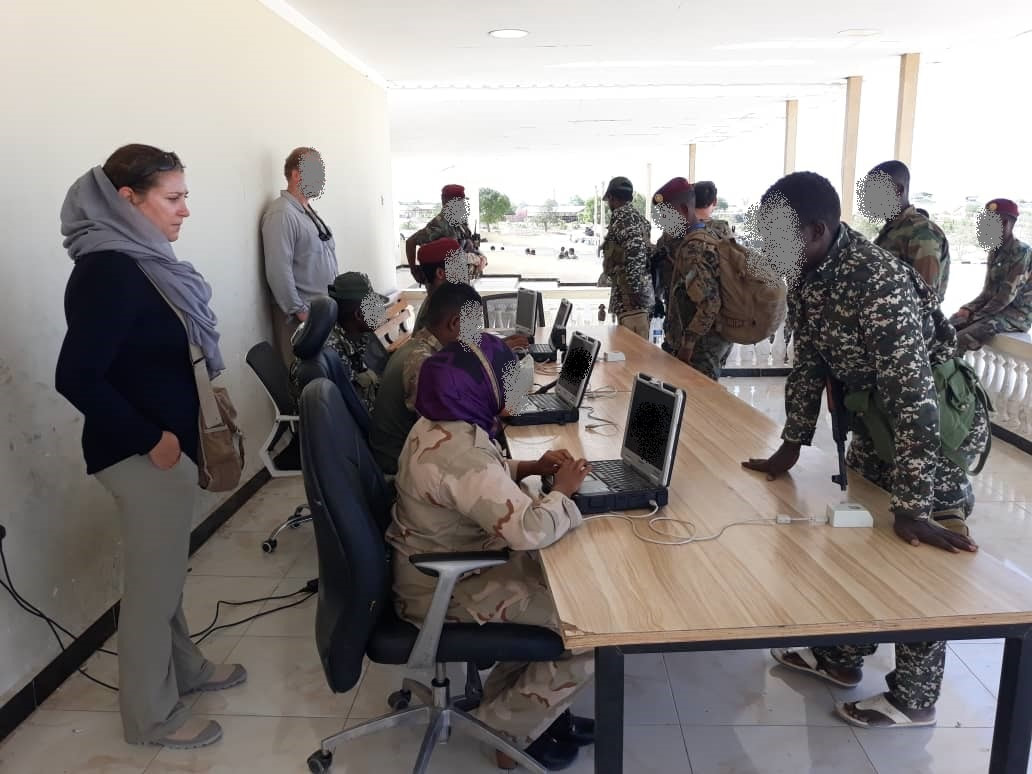My professional pursuits dovetail with my academic research topics. I have executed security sector assistance and peace support operations programming for over a dozen U.S. partner nations, supported ISR requirements via the use of unmanned aerial systems (UAS), delivered professional military education (PME) instruction, and conducted operational readiness assessments in multiple complex environments. From 2019-2022 my work focused on capacity building interventions across the Horn of Africa, including working as an embedded advisor with the Somali Ministry of Defense. Previously, I worked as a Peace Operations Analyst SME at the Peacekeeping and Stability Operations Institute (PKSOI) at the U.S. Army War College. Prior to working in contingency contracting to support these efforts, I gained international experience during my time managing contracted UAS ISR services and international educational programs in South America, sub-Saharan Africa, and Asia.
|
In 2021 I was accepted into the Security Sector Reform Advisory Network to the UN. The Network is formed by around 300 experts and practitioners from academic, research and security sector institutions, international and regional organizations, civil society, independent researchers, and United Nations personnel whose work focuses on and contributes to researching and generating data, knowledge, and experiences on SSR.
|
|
My consultancy Sloan Manor previously supported the Peace Operations Training Institute. POTI provides globally accessible self-paced, online, on-demand courses on peace support, humanitarian relief, and security operations at little to no cost to the student. We are committed to bringing essential, practical knowledge to military personnel, police, and civilians working towards peace worldwide and provide over 100,000 enrolments annually for 30 courses. |
|
From 2021-2022 my consultancy Sloan Manor supported the Intergovernmental Authority on Development (IGAD)'s Security Sector Program (ISSP, at https://igadssp.org/) Development of a Regional Strategy To Prevent, Counter, and Respond to Improvised Explosive Devices (IED) in the IGAD Region. Improvised Explosive Devices (IED) are weapon of choice for terrorist organizations worldwide, posing a threat to security forces, civilians, critical infrastructure and local systems of governance. Africa has suffered gravely from the scourge of IED use, with more than 1,315 incidents recorded across the continent between April 2020 and March 2021 alone. An article about our work is available via IGAD at the link IGAD Security Chiefs To Collaborate In Combating Improvised Explosive Devices.
From 2020-2021 I was contracted through Sloan Manor to conduct field research for and author the c-IED capacity assessment for the Somali National Security Forces. The UN Mine Action Service (UNMAS) works to eliminate the threat posed by mines, explosive remnants of war and improvised explosive devices by coordinating United Nations mine action, leading operational responses at the country level, and supporting the development of standards, policies, and norms. In Somalia, decades of armed conflict have left behind a legacy of explosive hazards, including landmines, munitions and other types of explosive remnants of war (ERW). Such hazards pose a great risk to local populations, with a detrimental impact on peacebuilding and state-building activities. In addition, the use of improvised explosive devices (IEDs), which are the weapon of choice of armed groups, contribute to further insecurity of the prevailing conflict.
|
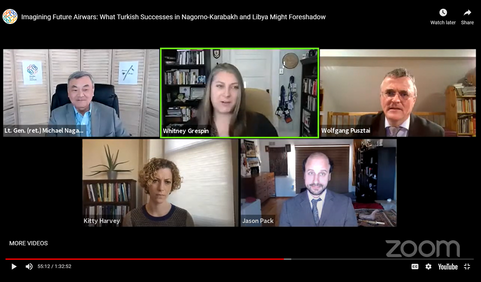
Although public speaking is not my forte, I think that it is important to engage in public dialogue about these topics and their relevance to current events. One such engagement can be seen as follows:
Imagining Future Airwars: What Turkish Successes in Nagorno-Karabakh and Libya Might Foreshadow
Over the last year, Turkey has pioneered novel utilizations of existing military technologies to yield highly effective drone relays, aerial reconnaissance methodologies, and multilayered air defense systems. In both Libya and Nagorno-Karabakh, these innovations enabled the Turkish-backed side to reverse the initial tide of war. This Zoom event seeks to examine how these developments in the use of drones, anti-aircraft systems, and counter anti-aircraft technologies illuminate the shifting balance of power in Eurasia and Africa in 2021, and beyond.
Drawing on The Middle East Institute (MEI)'s recent publication, “Turning the Tide: How Turkey Won the War for Tripoli,” a diverse panel of experts will explore these issues and their possible implications on theatres as diverse as Ukraine, Yemen, the Gulf, the Sahel, and Somalia. We will also opine on how the US, EU, and NATO should be preparing for these new forms of aerial warfare.
Speakers:
Wolfgang Pusztai (co-author)
Security and policy analyst; former Austrian Defense Attaché to Libya
Lieutenant General Michael Nagata
Distinguished senior fellow on National Security, MEI; former head, SOCCENT
Kitty Harvey
Former Naval Intelligence Officer; forthcoming book on Saudi Arabia and Iraq
Whitney Grespin
Visiting scholar, George Washington University; former advisor, Somali Ministry of Defense
Jason Pack (co-author and moderator)
President, Libya-Analysis LLC; non-resident scholar, MEI
Imagining Future Airwars: What Turkish Successes in Nagorno-Karabakh and Libya Might Foreshadow
Over the last year, Turkey has pioneered novel utilizations of existing military technologies to yield highly effective drone relays, aerial reconnaissance methodologies, and multilayered air defense systems. In both Libya and Nagorno-Karabakh, these innovations enabled the Turkish-backed side to reverse the initial tide of war. This Zoom event seeks to examine how these developments in the use of drones, anti-aircraft systems, and counter anti-aircraft technologies illuminate the shifting balance of power in Eurasia and Africa in 2021, and beyond.
Drawing on The Middle East Institute (MEI)'s recent publication, “Turning the Tide: How Turkey Won the War for Tripoli,” a diverse panel of experts will explore these issues and their possible implications on theatres as diverse as Ukraine, Yemen, the Gulf, the Sahel, and Somalia. We will also opine on how the US, EU, and NATO should be preparing for these new forms of aerial warfare.
Speakers:
Wolfgang Pusztai (co-author)
Security and policy analyst; former Austrian Defense Attaché to Libya
Lieutenant General Michael Nagata
Distinguished senior fellow on National Security, MEI; former head, SOCCENT
Kitty Harvey
Former Naval Intelligence Officer; forthcoming book on Saudi Arabia and Iraq
Whitney Grespin
Visiting scholar, George Washington University; former advisor, Somali Ministry of Defense
Jason Pack (co-author and moderator)
President, Libya-Analysis LLC; non-resident scholar, MEI
More about my practitioner experience can be found at my consultancy's website, www.sloanmanor.com, regarding my work on the following lines of effort:

